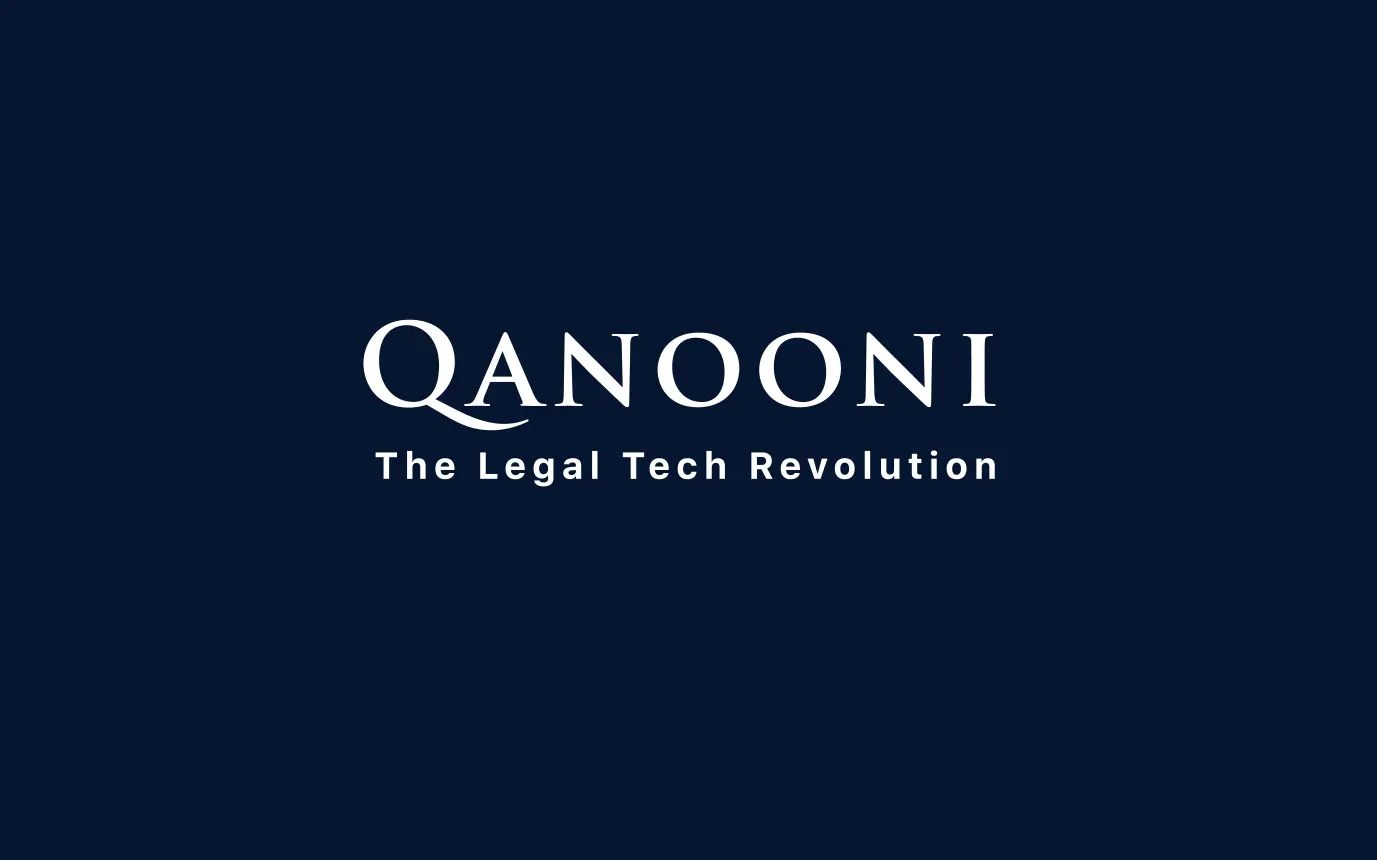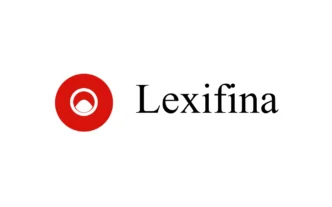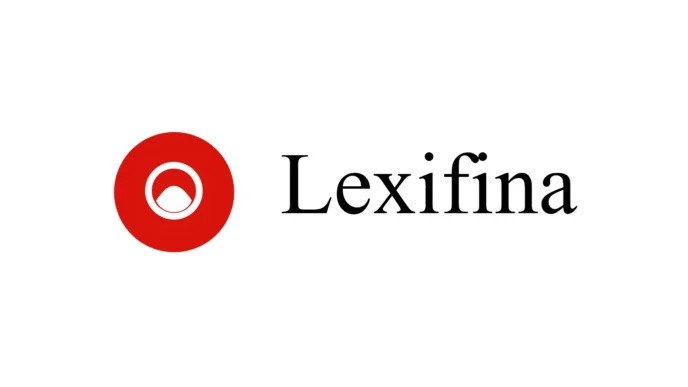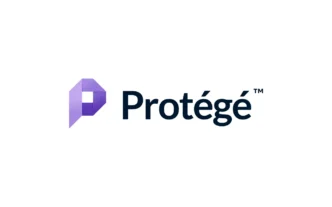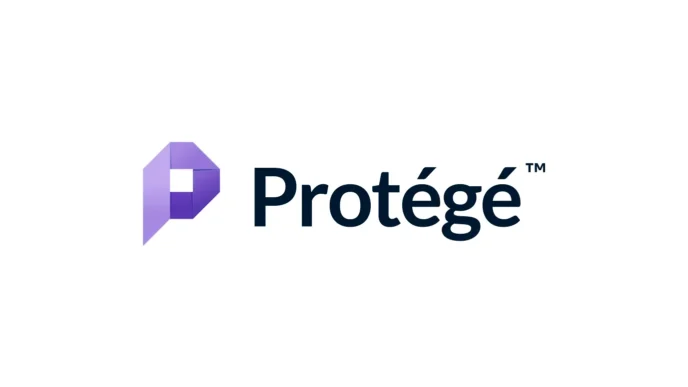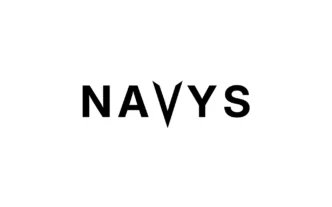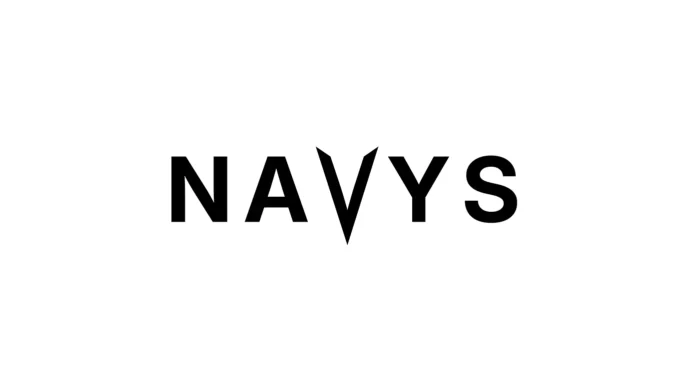As the legal profession worldwide adapts to the accelerating influence of generative AI, few legal tech stories stand out quite like Qanooni’s. Founded and developed in the UAE, Qanooni represents a rich blend of regional insight and global ambition, which has led to the formation of a legal AI platform built for automation and, more importantly, alignment with how lawyers actually work.
Created by lawyers for lawyers, Qanooni integrates directly into Microsoft Word and Outlook, meeting legal professionals where they are. It promises substantial efficiency gains, from cutting drafting time nearly in half to speeding up contract reviews by over 2.5 times, all while operating within a framework of strict data privacy and firm-level customization. And as the platform prepares to introduce new litigation-focused capabilities, Qanooni is beginning to carve out a meaningful presence not just in the Gulf, but across jurisdictions.
The Legal Wire recently had the opportunity to hear from Karim Shiyab, Anuscha Iqbal and Ziyaad Ahmed, the three Co-Founders of Qanooni, about their experience and views.
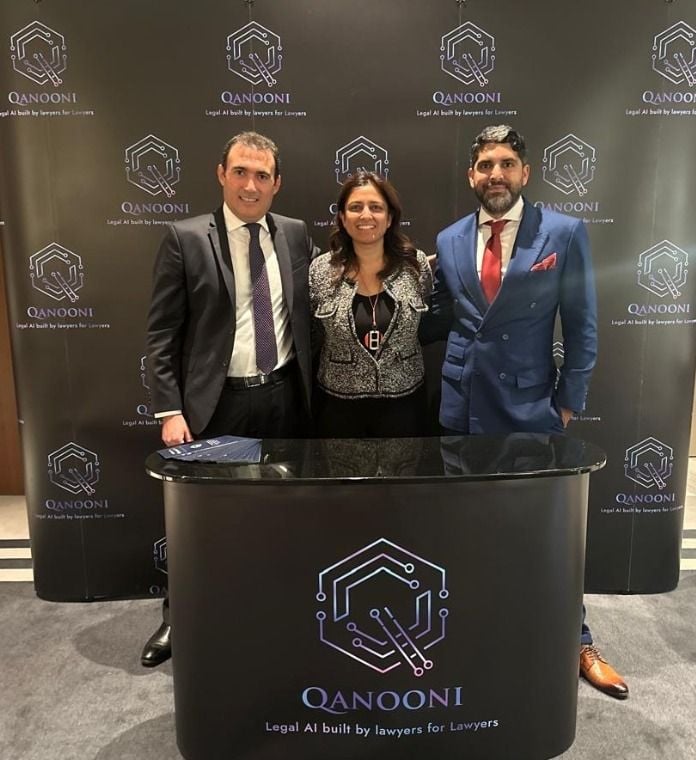
TLW: As one of the few legal AI platforms founded in the UAE, what inspired the creation of Qanooni? What challenges or opportunities in the legal market were you responding to at the time?
Karim Shiyab, Co-Founder: “I have been navigating the regional legal sector for the last 15 years and intimately know the pain points of the legal professional. When my Co-Founders Ziyaad and Anuscha approached me to set up an AI first company, I knew the focus had to be on addressing some of the inefficiencies I had experienced first-hand.
Qanooni was born from a clear gap we observed in the legal market – the need for accessible, technology-driven legal solutions that simplify processes for both individuals and businesses. We recognized the opportunity to merge deep legal expertise with AI to address inefficiencies, reduce costs, and improve client experience. While the legal sector is rooted in strong traditions, the challenge lay in shifting mindsets towards digital adoption – a challenge we turned into an opportunity by building trust through transparency and measurable value.”
Meeting Lawyers Where They Work: Embedded, Familiar, Immediate
Qanooni’s core premise is simple: lawyers shouldn’t need to overhaul their workflow to benefit from AI. That’s why the product is embedded directly within Microsoft Office tools. With plug-and-play functionality and no steep learning curve, Qanooni enables legal professionals to draft, review, and send client-ready documents from within the environments they already use every day.
This embedded approach is strategic: by operating inside Word and Outlook, Qanooni supports uninterrupted workflows, which in turn increases usage and trust. According to the company, onboarding takes minutes, not weeks, and most users begin seeing value almost immediately.
TLW: Many AI tools require new platforms or training, but Qanooni is deeply embedded in Office. How has this shaped adoption among legal professionals, especially those initially hesitant about AI?
Ziyaad Ahmed, Co-Founder: “This has been one of our strongest USPs and is the result of meticulous planning. Before launching we spent several months in product discovery, trying to understand how do we create a tool that is not only immensely helpful to our customers but one that gets adopted easily as well. Therefore, Qanooni sits side by side with our users serving as their assistant. Our integration with Office allows users to download us and get started quickly and when they are working they do not have to leave their work environment to leverage Qanooni for help. We were inspired by our past experience of building a consumer app and that’s what we did but with enterprise level functionality.
Customization, Not Just Automation
Where Qanooni stands apart is in its emphasis on personalization. The platform adapts to a firm’s specific tone, playbooks, and drafting standards, ensuring outputs align with how each legal team actually operates. Whether creating first drafts using reference documents or reviewing contracts against firm-specific clause libraries, Qanooni’s AI learns and applies the standards that matter to the user.
The platform’s “Global Change” feature is a good example of this principle in action. Once a lawyer makes a change to a clause or preferred term, the change can be applied across an entire document in seconds, reducing both drafting time and the potential for inconsistency. For teams under pressure to deliver fast and accurate work, this level of consistency at scale has the potential to be transformative.
TLW: Qanooni is designed to reflect each firm’s voice and internal playbook. How important is this level of customization in building trust with legal teams? What kind of feedback have you received from clients about this?
Anuscha Iqbal, Co-Founder: “Extremely! Legal professionals have spent years crafting their trade. What they have created is their IP, its what makes them unique and that uniqueness is essential to preserve. No two law firms operate the same way — they have unique processes, styles of communication, and risk appetites. By allowing Qanooni to reflect each firm’s voice and internal playbook, we’re not just offering technology; we’re offering technology that feels familiar, trustworthy, and aligned with how they already work. This has been one of the most appreciated aspects of the platform. Clients consistently tell us that this flexibility makes adoption smoother and helps their teams feel in control, rather than forced to change the way they behave and think.”
Privacy and Security at the Forefront
In a region where data security is paramount and where legal documents often contain highly sensitive client information, Qanooni’s design makes privacy a non-negotiable foundation. The company emphasizes that no client data is used to train its AI models, and that it is ISO 27001 certified and GDPR compliant.
Rather than asking clients to choose between innovation and confidentiality, Qanooni aims to offer both. This may explain its appeal across government bodies, financial institutions, and law firms operating in high-trust sectors.
TLW: Data privacy is a defining concern in legal tech. How has Qanooni approached this issue, both technically and culturally, in order to win the confidence of legal professionals across the UAE and beyond?
Ziyaad Ahmed, Co-founder: “We built with data privacy and security in mind, it wasn’t something we added on as an afterthought. We knew this was a key consideration for our clients and therefore we made sure we align with European privacy standards and we obtained our ISO 27001 certification to back that up. We are also in the process of completing our SOC 2 requirements. Qanooni uses latest retrieval techniques with public data to enhance models without compromising proprietary information and we never user customer data to train our models.”
From Drafting to Litigation: A Broadening Product Scope
Qanooni’s current feature set already covers key areas of legal work: document drafting, contract review, and proposal creation. With tools like its Draft Builder, which guides lawyers through Q&A-style drafting sessions, and Review Assist, which flags unacceptable or missing clauses, the platform is clearly designed to enhance both speed and legal quality.
But Qanooni’s roadmap signals a broader ambition. Its forthcoming litigation module, for example, promises to support lawyers through more complex, high-stakes legal processes. The tool will help generate chronologies of facts, draft litigation memos, and assemble exhibits using internal knowledge and jurisdiction-specific formatting. For many firms, particularly in growing legal markets, this could represent a shift in how they approach contentious matters by blending human strategy with AI-driven efficiency.
TLW: Your litigation module seems like a major expansion. What kinds of litigation workflows are you aiming to support, and what makes Qanooni’s approach to contentious legal work distinctive?
Karim Shiyab, Co-Founder: “The litigation module builds on what we have already created with our drafting and reviewing tools that are integrated into Word. This is the first of many agentic workflows we believe we can deliver to the market now that we have set up our foundations.
With respect to litigation, we see significant market potential because a large part of what goes into creating litigation memo is diving into volumes of data and simply pulling out relevant facts and legal references. This is exactly what AI is good at. Allowing the lawyers to save considerable time and use that in applying their own strategies and knowledge to the case vervus being overworked with simply fact finding.”
A Platform from the UAE with a Global Perspective
It’s worth noting that Qanooni is one of the few legal AI platforms founded in the Middle East. This origin story offers a different perspective on the AI-for-law conversation. It is one rooted in a jurisdiction with rapidly modernizing courts, multilingual legal systems, and diverse client demands, which has informed the development of what seems to be a very malleable and ever-evolving tool. Yet Qanooni’s reach is not limited to the Gulf. Its tools are designed to serve lawyers in both civil and common law systems, and its pricing model (flexible, transparent, and subscription-based) supports use cases from boutique firms to large institutions.
At a time when much of the legal AI conversation is centered in the US and UK, Qanooni’s growth is a useful reminder: innovation in law is increasingly decentralized, and regionally developed platforms can meet local needs more effectively than one-size-fits-all imports.
TLW: How does being based in the UAE influence the design and priorities of Qanooni’s platform? And how are you balancing the needs of local legal professionals with those of international clients?
Anuscha Iqbal, Co-Founder: “The UAE is striving to be at the forefront of AI development and we can see how the UAE is embracing innovation. The vision for a digital-first government, combined with strong support for startups and AI, gives us the confidence to continue to innovate. The challenge, of course, is balancing technological advancement with the nuances of law — ensuring accuracy, reliability, and compliance with legal frameworks. But that’s also where the opportunity lies: to create a platform that speaks the language of both AI and law fluently.
And on this being based in the UAE also gives us a unique vantage point. The region’s legal landscape is a blend of civil law, common law, and Sharia principles — so flexibility and adaptability are built into Qanooni’s DNA. We designed the platform to handle multi-jurisdictional complexity, bilingual documentation, and evolving local regulations, which is critical for firms operating in this market. At the same time, because many of our clients work with international counterparts, we made sure Qanooni’s structure, security standards, and workflows are globally relevant — striking a balance between local depth and international compatibility.”




